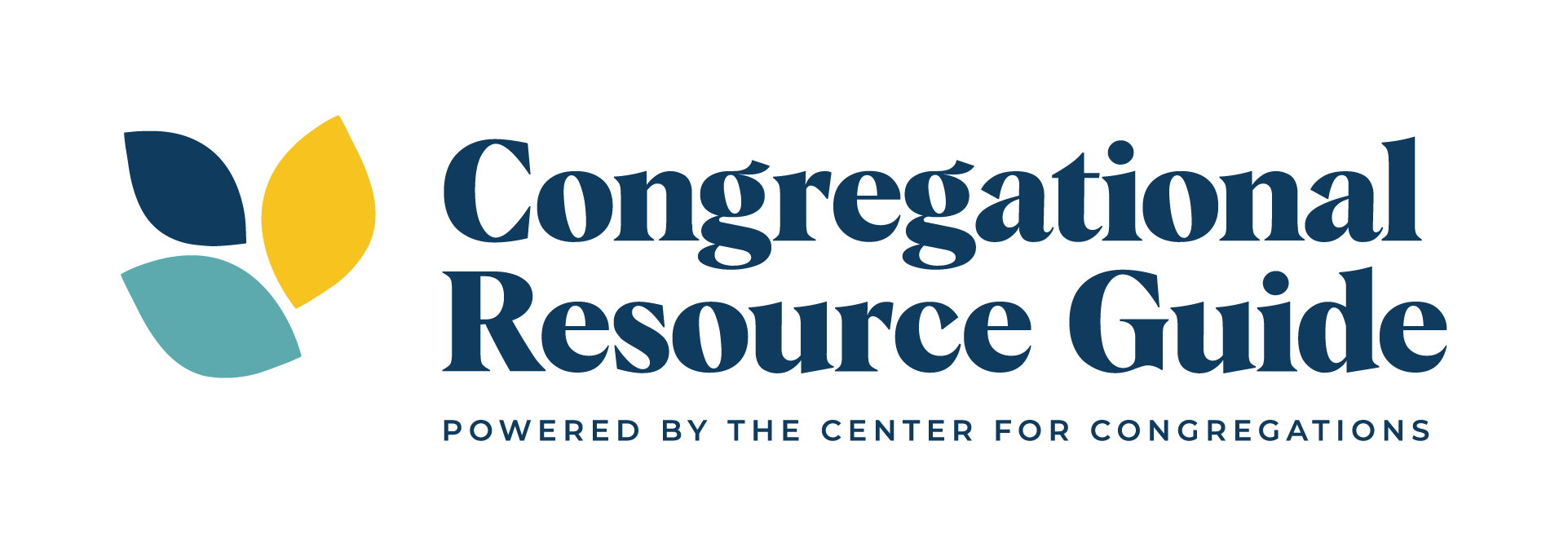Planned giving doesn’t need to be a complicated challenge for your congregation. By following these principles, your congregation can start securing the financial future of your ministries.
Everyone needs a will.
Some people assume planned giving only applies to the very wealthy. The reality is that most people need a will, so a good starting point is to educate the congregation about the importance of having a will. As part of that conversation, invite people to include a final gift to the congregation in their wills. The vast majority of planned gifts arrive at the congregation in this manner.
Your faith community is uniquely positioned to talk about end-of-life issues.
Planned giving is best seen as a ministry. You can help people approach the end of life and stewardship of their assets from the perspective of their faith. Your congregation should root this conversation in your own faith tradition’s teachings about life and death, helping congregants to think about managing their assets based on what they most deeply believe and value.
Link this topic to your mission and vision.
Potential donors need to envision what your congregation could do with their gifts. Share your vision and help people to see how they could leave a legacy by supporting your congregation’s ongoing mission or a particular ministry or program. Make sure your congregation has a gift acceptance policy and a plan to receive and manage gifts through an endowment or other special fund. These tools will be helpful to your congregation and important to share with potential donors.
Congregations don’t need expertise in tax and legal issues.
The role of the congregational leader is to explain why planned giving is important in terms of faith and values and to share how the congregation can benefit from a planned gift. To determine the most beneficial planned giving vehicle, refer the individual donor to his/her attorney or tax advisor.
Rely on resources from your denomination or partner with your community foundation.
A number of denominations have resources to help congregations plan and promote wills and planned giving. Some denominations also offer a foundation to manage a congregation’s endowment fund. Consult your local community foundation as a possible partner in setting up an endowment fund and receiving planned gifts.


